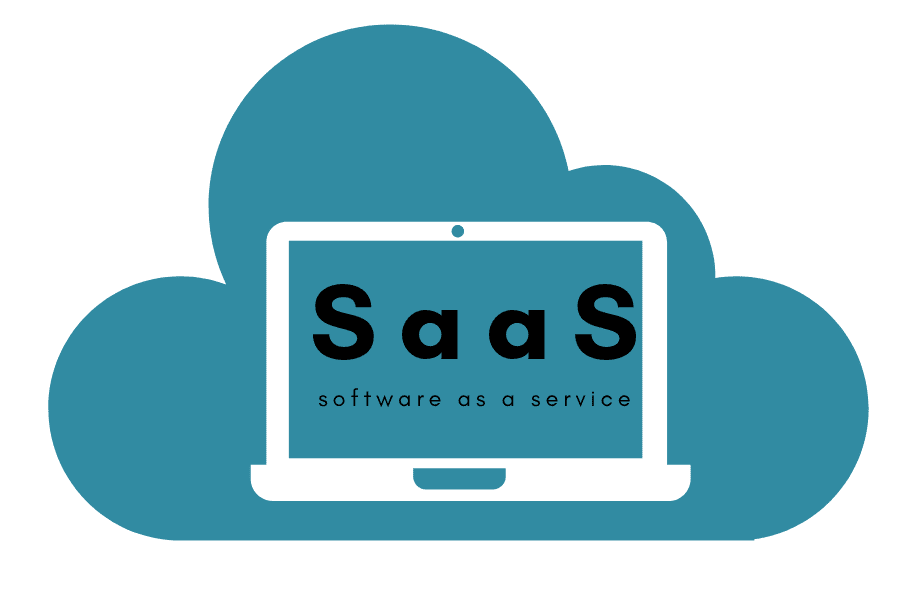
Introduction: Understanding the Power of SaaS (Software as a Service) Solutions
In recent years, SaaS (Software as a Service) solutions have emerged as one of the most revolutionary advancements in the business world. This model has transformed how companies operate, collaborate, and scale their operations. Rather than investing heavily in on-premises software and hardware, businesses are now leveraging cloud-based SaaS solutions to access applications over the internet. These solutions offer significant advantages, including cost-efficiency, flexibility, and ease of use. In 2025, the demand for SaaS solutions continues to grow as businesses of all sizes embrace the cloud to improve their operations.
The Cost Efficiency of SaaS (Software as a Service) Solutions
One of the primary benefits of adopting SaaS solutions is the cost savings associated with this model. Traditional software requires businesses to purchase licenses, pay for infrastructure, and maintain systems on-site. With SaaS solutions, companies only need to pay for what they use, often through subscription-based pricing. This eliminates the need for significant upfront investments in hardware and reduces ongoing maintenance costs. Furthermore, SaaS solutions are hosted and maintained by the service provider, which means businesses do not need to worry about software updates, security patches, or managing the infrastructure. These cost savings make SaaS solutions an attractive option for businesses software tips.us/, particularly small and medium-sized enterprises that may not have large IT budgets.
Scalability and Flexibility Offered by SaaS (Software as a Service) Solutions
Another advantage of SaaS solutions is their scalability. As businesses grow, their software needs evolve. SaaS solutions are designed to scale with the business, offering flexible plans and features that can be adjusted based on changing requirements. Whether a company needs to add more users, integrate with new systems, or access additional functionality, SaaS solutions can accommodate these needs with ease. This scalability allows businesses to adapt quickly to market demands and stay competitive in an ever-changing environment. The flexibility of SaaS solutions ensures that businesses do not need to worry about outgrowing their software, as they can continually adjust their service plan to match their needs.
Access to Real-Time Data and Collaboration with SaaS (Software as a Service) Solutions
One of the most compelling reasons businesses are turning to SaaS solutions is the ability to access real-time data from anywhere in the world. Cloud-based software makes it possible for employees to collaborate seamlessly, regardless of their location. Whether teams are working remotely or in different geographical locations, SaaS solutions ensure that everyone has access to the same up-to-date information. This ability to access real-time data not only improves collaboration but also enhances decision-making. Businesses can make data-driven decisions quickly, respond to customer inquiries more effectively, and improve operational efficiency. The integration of cloud technology into SaaS solutions has fundamentally changed how businesses operate and communicate.
Security and Compliance Benefits of SaaS (Software as a Service) Solutions
With the increasing importance of data security and privacy, many businesses are turning to SaaS solutions as a way to enhance their security posture. Leading SaaS solutions providers invest heavily in advanced security measures, such as encryption, multi-factor authentication, and regular security audits. These features are often more robust than what a business could implement on its own with on-premises software. In addition to enhanced security, SaaS solutions can help businesses comply with industry regulations, such as GDPR and HIPAA, by providing tools to manage data storage and access control. The cloud infrastructure supporting SaaS solutions is typically designed to be highly secure, offering businesses peace of mind when it comes to protecting sensitive information.
Streamlining Operations with SaaS (Software as a Service) Solutions
SaaS solutions are designed to automate and streamline business processes, making them more efficient. From customer relationship management (CRM) systems to project management tools, SaaS solutions provide businesses with the tools they need to manage day-to-day operations more effectively. For instance, using cloud-based software for invoicing, sales tracking, and inventory management reduces manual tasks and the risk of human error. By automating routine processes, SaaS solutions free up employees to focus on more strategic initiatives that drive business growth. The ease of integration with other tools and platforms also enables businesses to create a seamless workflow that maximizes productivity.
The Global Reach of SaaS (Software as a Service) Solutions
Another powerful advantage of SaaS solutions is their global accessibility. Businesses with international operations can use SaaS solutions to connect teams, manage customer relationships, and access real-time data, regardless of geographical location. Cloud-based software is not limited by physical hardware, allowing companies to expand and reach new markets with ease. This global reach is especially beneficial for businesses looking to scale quickly, as it removes the barriers typically associated with traditional software solutions. With SaaS solutions, businesses can operate from anywhere and provide services to customers around the world without the need for complex infrastructure.
Innovative Features in SaaS (Software as a Service) Solutions
As the demand for SaaS solutions continues to grow, providers are continually adding innovative features that enhance the functionality of their offerings. From advanced analytics and artificial intelligence (AI) capabilities to machine learning and automated workflows, SaaS solutions are becoming increasingly sophisticated. These innovations allow businesses to leverage cutting-edge technology without the need for extensive internal IT resources. For example, AI-powered SaaS solutions can help businesses predict customer behavior, personalize marketing efforts, and optimize their sales processes. By integrating these advanced features, businesses can stay ahead of the competition and make smarter, more informed decisions.
The Future of SaaS (Software as a Service) Solutions in 2025
Looking forward to 2025, SaaS solutions are expected to continue evolving and reshaping how businesses operate. With the ongoing development of artificial intelligence, machine learning, and the Internet of Things (IoT), SaaS solutions will become even more integrated into every aspect of business operations. The future of SaaS solutions lies in their ability to provide businesses with highly personalized, data-driven insights and automate processes with increasing intelligence. Companies will have access to more powerful tools that enable them to be agile, responsive, and better equipped to meet customer demands. As cloud technology continues to advance, SaaS solutions will become even more integral to business success.
Conclusion: Embracing SaaS (Software as a Service) Solutions for Business Growth
In conclusion, SaaS solutions are a game-changer for businesses looking to improve efficiency, reduce costs, and scale effectively. The benefits of adopting SaaS solutions are clear—cost savings, scalability, improved collaboration, and enhanced security. As cloud technology continues to advance, the future of business software is firmly rooted in the SaaS model. In 2025 and beyond, businesses that embrace SaaS solutions will be well-positioned for success in an increasingly digital and global marketplace. The flexibility and innovation that SaaS solutions provide will empower businesses to operate more efficiently, drive growth, and stay competitive.








